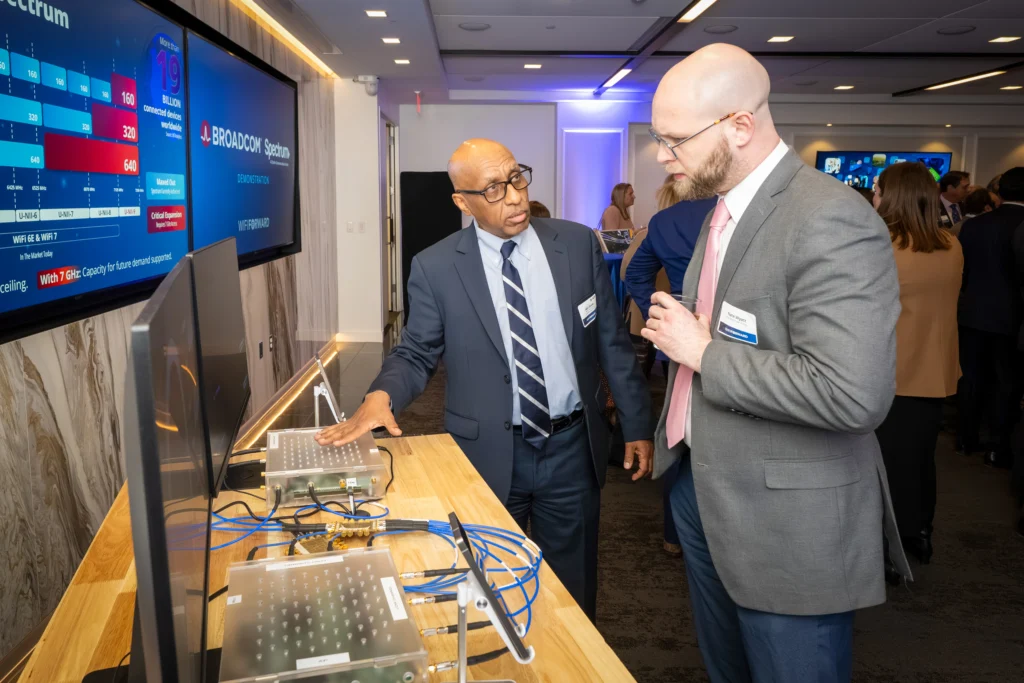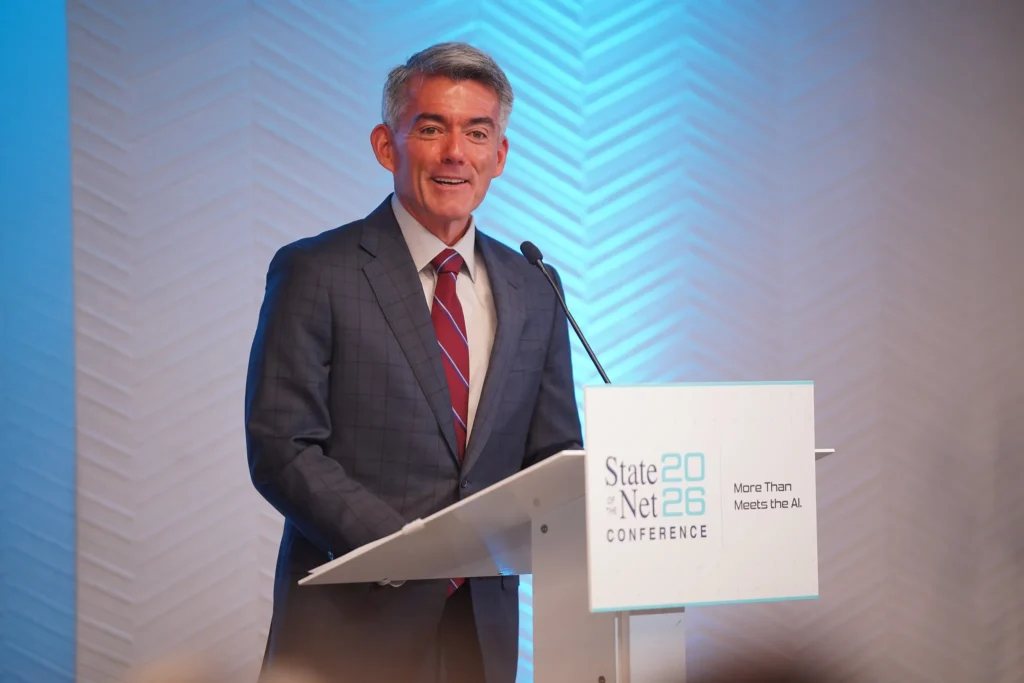FCC Chairman Wheeler’s proposal to regulate the Internet under Title II regulation is a radical shift in policy that will subject Internet access providers to significant and onerous regulation and could well depress investment and innovation. As we learn more of the details, the weight of this impending action becomes more troubling. In the massive 300-plus page order, the Commission is abandoning decades of bipartisan precedent and opening doors to a rash of unintended consequences and risks. Perhaps most disturbing, the FCC is misleading the American public by claiming to forbear from the harms of rate regulation, when in fact, they are doing no such thing. Since Title II became a probable outcome late last fall, the FCC and the White House have gone out of their way to insist the new regulatory environment would be “light.” As Chairman Wheeler describes it, the Commission will “modernize” the regime rendering it nimble and in harmony with the dynamic nature of the Internet. The litmus test of that promise has been the pledge to forbear from rate regulation, the most onerous and invasive form of government regulation. Both the Chairman and the President have insisted that there will be no rate regulation. However, the details emerging tell a different story. Just this week, the Chairman emphatically declared: “We will forgo sections of Title II that pose a meaningful threat to network investment. That means no rate regulation.” You might be forgiven if you find the Chairman’s words to be an unequivocal declaration that the FCC will stay out of the rate regulation business. After all, he didn’t say “no cost-based rate regulation” or “only modern rate regulation” or “no utility-style rate regulation” as some seem to suggest. His statement that there would be “no rate regulation” was not qualified in any way. But a better understanding of the law shows that the FCC is very much proposing to keep rate regulation alive. The FCC is expressly applying the full measure of section 201 to Internet service. That section is the fundamental source of rate regulation, authorizing the FCC to evaluate the reasonableness of “charges.” The language of section 201(b) is unambiguous: “All charges, practices, classifications, and regulations for and in connection with such communication service shall be just and reasonable, and any such charge, practice, classification, or regulation that is unjust or unreasonable is declared to be unlawful.” Clearly, the FCC is choosing to retain the authority to regulate rates.
“If the FCC means what it says and is not intent on regulating rates, as the President declared and the Chairman has promised, they need to take the bullets out of the proverbial gun.”
But how does one reconcile the Chairman’s seemingly contradictory pledge? A little legal Latin might help. The Chairman is pledging not to regulate rates ex ante. That is, he would not require carriers to file proposed rates with the Commission for pre-approval. Not requiring rate approval is the source of the Chairman’s assertion he is not regulating rates. But pre-approval is not the only approach to rate regulation. The draft is proposing to allow ex post rate regulation. In plain English, anyone will be permitted to file complaints about rates and the Commission will decide if those rates are “reasonable” under their section 201 authority. If they believe they are not, then they will declare the rate “illegal.” That is regulating rates no matter how you cut it and it is insincere to suggest otherwise. Worse, the Chairman’s proposal also preserves section 207, which allows plaintiffs lawyers to bring class action lawsuits in court, challenging broadband rates. Thus, not only will the FCC be in the ratemaking business, so will the courts. In practice, anytime a company introduces a new service or rate tier, it would now have to ensure that its rates comply with section 201. Yet, the only guidance it will have is that the rate must be “reasonable” in the eyes of the FCC. And, it will have to anticipate being sued—either in complaints before the FCC or in a court. The uncertainty, confusion and litigiousness of such a system will terribly disrupt the market. This potential morass, undoubtedly, is what led the President and Chairman Wheeler to promise to forbear from rate regulation. To be true to their word, the draft order must go farther than it appears to presently. The Commission can convert its promises into reality quite simply by forbearing at least in part from section 201(b)’s authority to regulate charges and making a few other conforming changes. They have done partial forbearance in the past and have the clear authority to do so under the statute. The fact that they have turned a deaf ear to this concern and thus far failed to address it, casts doubt on the Commission’s candor and exposes the fact that the FCC is moving far beyond the task of protecting net neutrality and into more sweeping and muscular regulation of the Internet. The issue is straightforward. If the FCC means what it says and is not intent on regulating rates, as the President declared and the Chairman has promised, they need to take the bullets out of the proverbial gun. Keeping the weapon loaded, while offering soothing words that this particular Commission has no intention of pulling the trigger should give no one any comfort.









